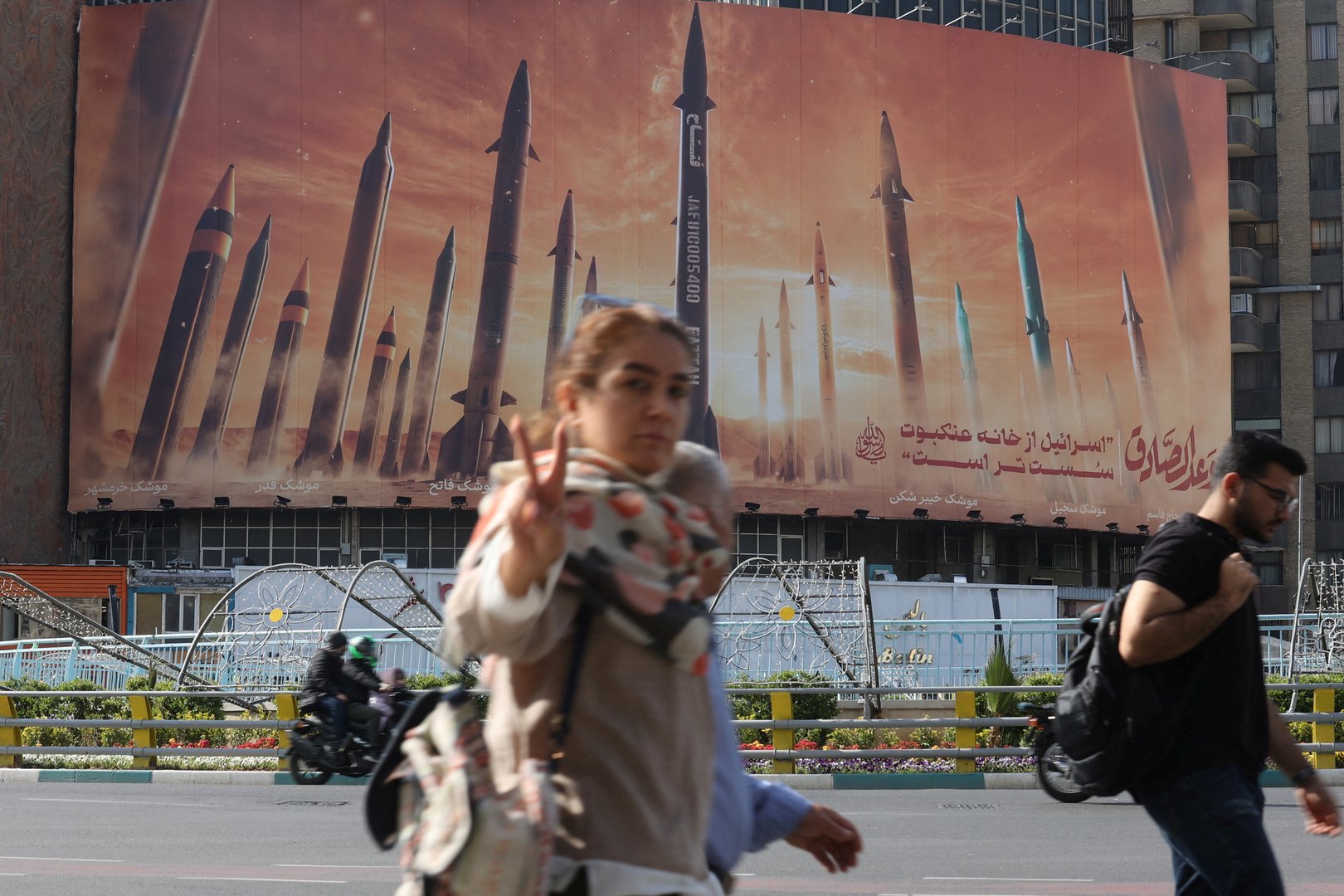The launch of 300 drones and long-range missiles by Iran toward Israel was the first time Iran had launched a direct attack against its long-term enemy from its territory. This had never happened before as in the past it had relied on its proxies in Lebanon, Iraq or Syria to carry out attacks on Israel.
There are fears now that any immediate retaliation by Israel would lead to an escalation of fighting in the Middle East. According to reports, this danger was averted by the intervention of US president Joe Biden who persuaded Israel’s prime minister Benjamin Netanyahu not to respond in a telephone conversation in the early hours of Sunday. Biden’s telephone call was vital in averting an escalation of the war as Israel’s war cabinet had reportedly decided to strike back.
This does not mean the danger of an escalation is over. Official sources in Israel have been asserting “there will be a response, although there appear to be disagreements as to its scope and timing. The country’s chief military spokesman said on Sunday that “we approved plans for both offensive and defensive action,” while official sources quoted by Israeli media said, “it is clear Israel would respond.”
Israel’s allies have publicly urged it to avoid hitting back. France’s president Emmanuel Macron said he would try to “convince Israel that we must not respond by retaliating”, while British foreign secretary David Cameron, clearly stated that the UK did not support a retaliatory attack. The reality is that Netanyahu does not listen to his allies and had fallen out with President Biden for consistently ignoring US advice on the war in Gaza. Sunday morning’s telephone conversation, according to CNN, was the first time the two had spoken in almost two months.
Israel may have hoped to drag other countries into its plans for a retaliatory strike against Iran, but this is unlikely to happen. The US administration has made it very clear that it does not want a war with Iran, which had given notice to neighbouring countries about its attack, allowing Israel and the US, Britain and Jordan to prepare their successful defensive response. The drones and long-range missiles were intercepted and caused next no damage to Israel, something stressed to Netanyahu by Biden, who argued that Israel should have seen this as a victory.
This is not how Israel operates though. Any attack is answered with disproportionate response. The exception was in 1991, during the war in Kuwait, when Saddam Hussein fired Scud missiles at Tel Aviv in the hope of sparking a retaliation that would break the US-Arab coalition against him. The hawkish prime minister at the time, Yitzhak Shamir, was convinced by then President George Bush not to retaliate and jeopardise the coalition and he did not.
The world is now hoping that Netanyahu, despite the political pressure from his country’s hardliners, will show similar restraint, because an escalation of the war is in no country’s interest.







Click here to change your cookie preferences